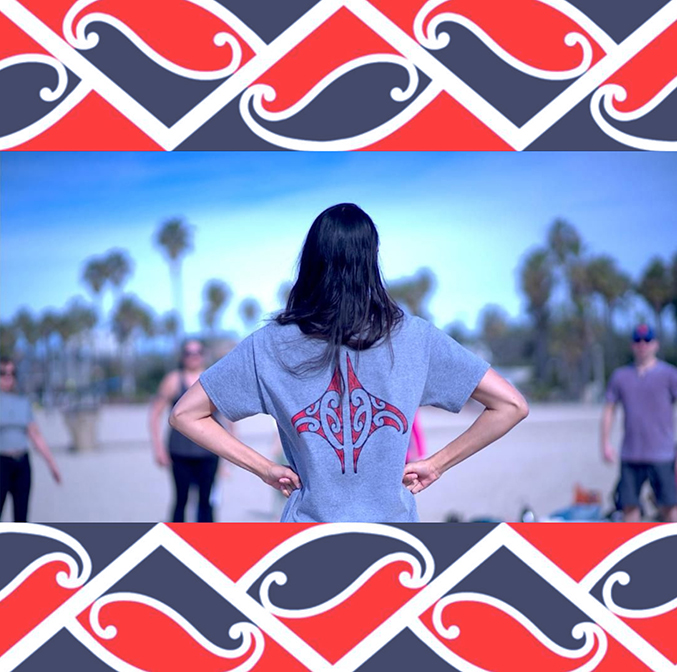Amelia Butler
Amelia Butler, an Indigenous Māori dancer from Aotearoa (New Zealand), founded Learn Māori Abroad (@learnmaoriabroad) and Ngā Ānahera Māori, a traditional Māori performance group. Her tribal affiliations are Ngātiwai, Ngāpuhi, and Ngāti Awa.
From Amelia: MY WHY
When I was a young girl learning te reo Māori, my why was my identity as a Māori and connecting to our cultural heritage. When I became a mother, my why became my tamariki (children), so they could know who they are as Māori girls and have a strong connection to our culture while living in the USA. Nowadays, my why is my tupuna (ancestors). I speak Māori to my children because my grandparents didn't speak Māori to theirs. I grieve over their pain and beatings for speaking the reo because they did not have the space to grieve. I weep because of the cultural knowledge that was lost and never passed on because my ancestors were made to believe their culture knowledge was irrelevant and useless. I speak out and make these things known because my ancestors were silenced and became submissive (although, thankfully, we had a few rebels in our whānau). Like many others in my generation, this is my healing work to do, so we can create the future our ancestors only dreamed of. The work is hard, grueling at times, but we do it knowing our ancestors are with us, guiding us every step of the way from te ao wairua (the spiritual world).
My Nana once said that the Pākehā will save our reo. How could she say that the very group of people who inflicted so much mamae (pain) on us and almost wiped out our language will be the very ones who would turn around and save our reo? Because my Nana was a visionary and the personification of unconditional love. Despite everything she and countless others went through at the hands of white people, her love for people was so strong that she could hold on to this (in those days) radical vision. Now this vision is coming to pass, but there is still much work to be done for Pākehā to be true allies to Māori and take up their role as kaitiaki (guardians) of the language alongside us.
